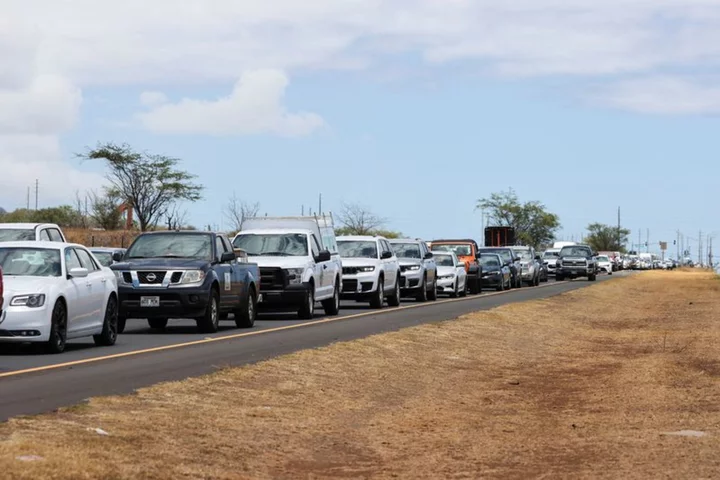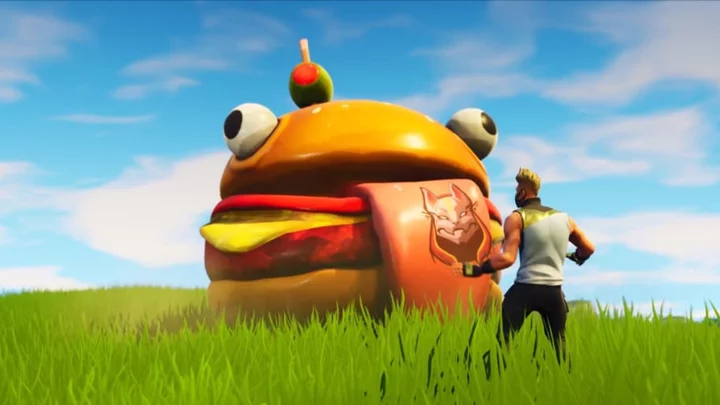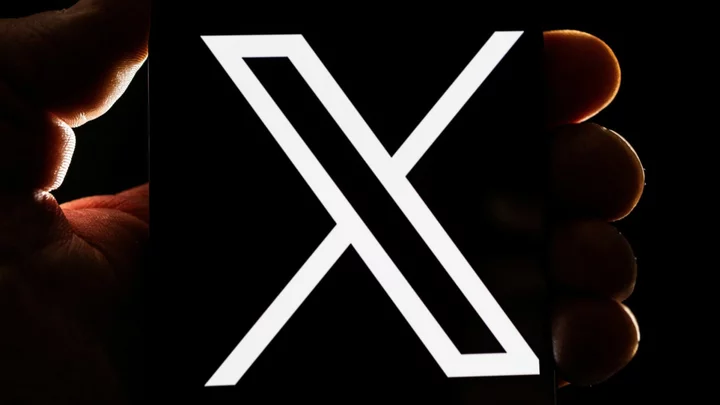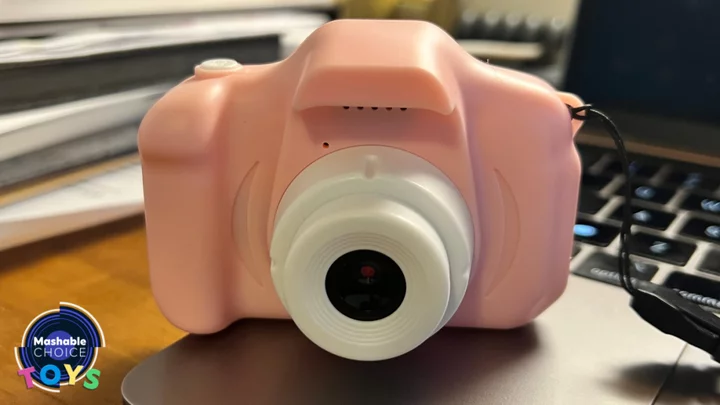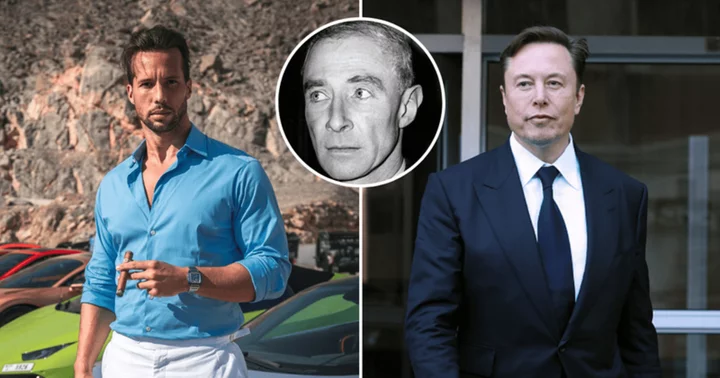By Jonathan Allen
LAHAINA, Hawaii (Reuters) -U.S. President Joe Biden and first lady Jill Biden will travel to Hawaii on Monday to survey the devastation from deadly wildfires that destroyed much of the Maui resort town of Lahaina last week and killed at least 106 people.
Biden will get a first-hand look at the damage and meet with first responders, survivors and federal, state and local officials, the White House said in a statement.
"I remain committed to delivering everything the people of Hawaii need as they recover from this disaster," Biden said in a post on the social media platform X, previously known as Twitter.
Hawaii Governor Josh Green has warned the death toll could double.
The inferno spread rapidly from grasslands outside town into Lahaina last Tuesday, catching people by surprise and charring a 5-square-mile (13-square-km) area of town in hours. The fire destroyed 2,200 buildings and caused an estimated $5.5 billion in damage, officials said.
On Wednesday Biden approved Hawaii's request that the federal government reimburse the full cost of 30 days of the emergency work expected to be carried out over the next four months, said Deanne Criswell, head of the U.S. Federal Emergency Management Administration, during a news briefing at the White House.
The federal government so far has disbursed $2.3 million in assistance to families, and approved more than 1,300 registrations for assistance, Criswell said in Wednesday's briefing.
In other developments:
-- Local officials on Wednesday reopened a main road through town for the first time in days, responding to frustration from locals. The highway, which bypasses the charred waterfront and town center, was previously closed to all but residents of the surrounding area, first responders and people who work in local businesses. A brief relaxation of the road closures earlier in the week was suspended after onlookers jammed streets used by search teams, raising fears that the traffic would compromise efforts to recover human remains.
-- Hundreds of people are still unaccounted for. Twenty cadaver dogs have led teams on a block-by-block search that have covered 27% of the disaster area as of Tuesday.
-- Identification of the remains has been slow, in part because of the intensity of the fire. Maui County released the first two names on Tuesday: Robert Dyckman, 74, and Buddy Jantoc, 79, both of Lahaina. Three other individuals have been identified but their names have been withheld pending family notification. The other remains await identification, Maui County said.
-- To assist with identification and processing of remains, the U.S. government has deployed additional experts from a disaster mortuary operational response team, increasing the number of personnel to 75, Jonathan Greene a Health and Human Services official, told reporters on Tuesday. The team includes corners, pathologists, X-ray technicians and lab technicians. A disaster portable morgue unit landed in Hawaii on Tuesday with more than 22 tons of supplies and equipment including mortuary examination tables and laboratory equipment to support the collection of DNA in the identification of victims.
-- As officials work to identify the deceased, stories about those injured or killed in the flames have emerged from loved ones. Laurie Allen was burned over 70% of her body when the car she was escaping in was blocked by a downed tree, forcing her to flee across a burning field, according to a GoFundMe post by her family. She is burned to the bone in some places, but doctors hope she will regain partial use of her arms, the post said.
"The Burn Team has expressed more than once that she shouldn't be alive!" a relative wrote on the page. Allen is now at a burn center in Oahu, according to the fundraiser post.
-- The incongruous sight of tourists enjoying Maui's tropical beaches while search-and-rescue teams trawl building ruins and waters for victims of the deadliest U.S. wildfire in more than a century has outraged some residents.
(Reporting by Jonathan Allen, Jorge Garcia and Sandra Stojanovic in Maui; additional reporting by Brendan O'Brien in Chicago, Julia Harte in New York and Daniel Trotta in Carlsbad, California; editing by Jonathan Oatis and Sandra Maler)

